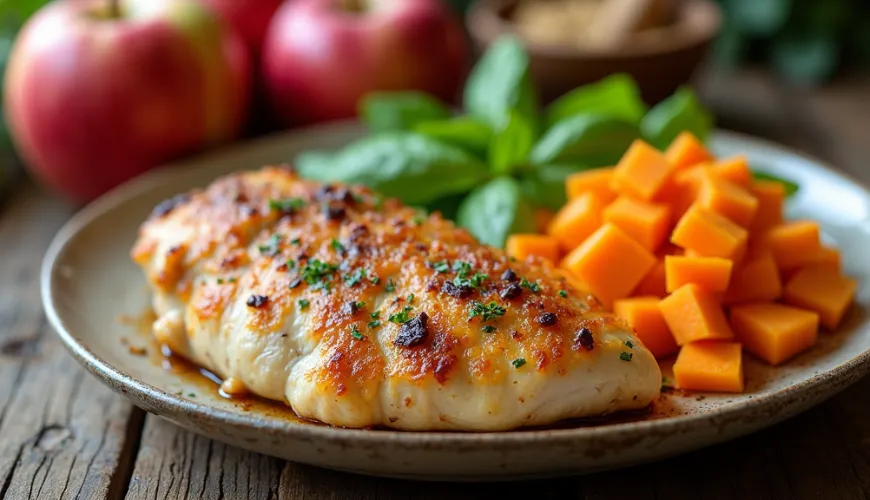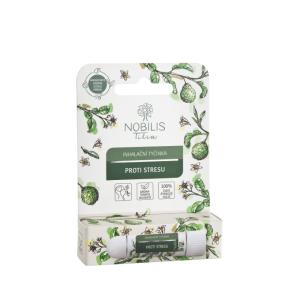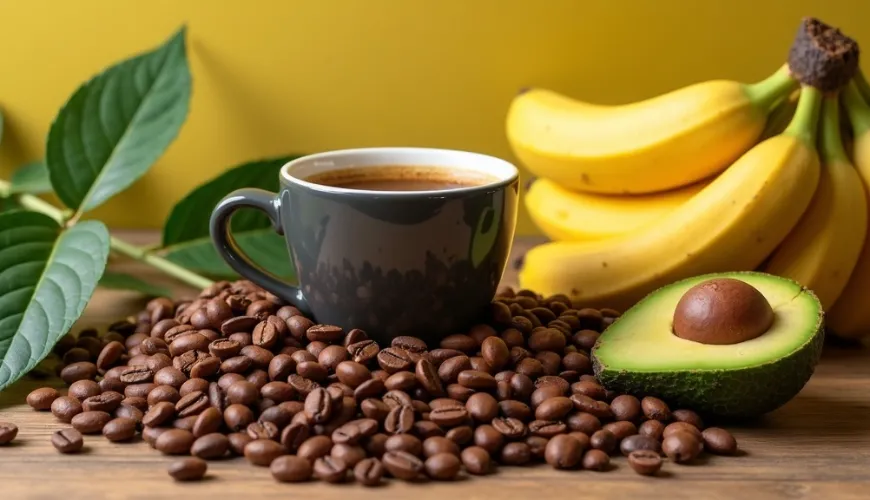
Discover recipes for a liver diet for easy and healthy cooking

Practical Inspirations for a Liver Diet
The liver is one of the most important organs in the body. It works tirelessly every day — cleaning blood, breaking down toxins, processing nutrients from food, and also helping with protein production and energy storage. However, when the liver stops functioning optimally for various reasons — be it due to infection (like hepatitis), excessive alcohol consumption, fatty diet, or metabolic disorders — one of the key steps to improving its condition can be adjusting the diet.
The liver diet is not an extreme regimen. It is not a fast, nor a boring affair filled with endlessly boiled tasteless meals. A well-structured diet can be not only healthy but also tasty, varied, and satisfying. And one of the most popular and versatile ingredients in this diet is chicken.
What Guides the Liver Diet and Why Chicken is an Ideal Choice
The foundation of a liver diet is lightening the digestive system, ensuring sufficient nutrients for liver tissue regeneration, and minimizing burdening substances like saturated fats, alcohol, sugar, or heavily spiced foods. Typical recommendations include increased intake of vegetables, fruits, whole grains, low-fat dairy products, and quality proteins.
This is where chicken, especially skinless chicken breasts, becomes an excellent choice. It is easily digestible, low in fat, and high in protein. This makes it an ideal ingredient for those looking for liver diet recipes with meat that won't burden the body but will satisfy and energize.
When preparing it, it's important to follow a few principles: avoid frying, don't use too much fat, and prefer steaming, baking without fat, or stewing. Season gently — herbs like parsley, marjoram, or basil not only add flavor but also aid digestion.
Healthy and Tasty Chicken Recipes for a Liver Diet
The rest of the process is all about imagination and the ability to combine ingredients. Here are a few practical, easy, yet tasty ideas that align with the principles of liver-friendly nutrition — and will please other household members as well.
1. Stewed Chicken Breast with Vegetables
A basic recipe anyone can manage. Cut chicken breasts into smaller pieces and lightly brown in a drop of canola oil (or better yet — dry on a quality non-stick pan), then add carrots, zucchini, pumpkin, or broccoli cut into smaller pieces. Pour in a little water, cover, and stew until soft. Season with a pinch of salt, thyme, or dried basil. The result is a light, easily digestible meal that doesn’t lose flavor.
2. Chicken Risotto with Pumpkin and Brown Rice
Risotto doesn't have to be greasy or heavy. Using brown rice increases fiber content, which is good not only for digestion but also for the liver itself. Cut pumpkin into small cubes, add to sautéed onion (just a little water is enough), toss in chicken strips, and pour in broth. Stew until everything is soft and the rice absorbs the liquid. Season with fresh parsley. The dish is nutritious, colorful, and fully compliant with dietary rules.
3. Chicken Soup with Oats
Classic chicken soup can be a great aid in recovery. Instead of noodles, use fine oats, which add fiber and help with satiety. Add carrots, celery, parsley, and a bit of leek to the chicken broth, cooking until tender. Finally, add oats and bring to a boil. The soup not only warms but also eases digestion.
4. Baked Chicken with Sweet Potatoes and Apples
A simple and delicious dish that proves liver diets don't have to be boring. Arrange thin slices of sweet potatoes, apples, and chicken breast pieces on a baking sheet. Drizzle with lemon juice and bake without fat in a preheated oven at 180 °C for about 30 minutes. The combination of sweet fruit, starchy vegetables, and tender meat creates an unexpectedly harmonious flavor.
How to Maintain Motivation and Enjoy Eating Healthy Long-Term
One of the hardest aspects of any diet is perseverance. It's not just about starting but mainly about continuing — and creating a new, healthier relationship with food. This is especially true for a liver diet. Therefore, it is essential to find recipes that are enjoyable, tasty, and versatile.
An example is thirty-year-old Lenka from Brno, who had to significantly change her diet after being diagnosed with non-alcoholic fatty liver disease (NAFLD). "At first, I was desperate. I felt like everything I used to eat was now forbidden. But gradually, I found recipes that I like — mainly with chicken, vegetables, and herbs. Today, I don't see the diet as a restriction but as an opportunity to eat better," she describes.
And this change of perspective can be key to success. Instead of focusing on what we can't have, it's better to find inspiration in what we can have — and how to make the most of it.
Tips for a Sustainable Approach to a Liver Diet
There's no need to drastically change the entire diet from one day to the next; it's enough to go slowly and smartly — reduce a bit here, add a bit there, and with small adjustments, reach a much more balanced diet. For example, instead of a breaded fried schnitzel, try baking or grilling the meat without unnecessary fat — it doesn't lose flavor, and your body will thank you. And while we're on the topic of meat, it's better to choose leaner types, like chicken, turkey, or fish, which are rich in beneficial substances and don't burden the digestive system.
It also pays to increase fiber in the daily menu — add more vegetables, try legumes, or opt for whole grain instead of white bread. It's equally important to be careful with fats — plant oils like olive or canola are fine, but be cautious with the amount, there's no need to overdo it. And don't forget to drink — plain water is the best assistant when the body needs to rid itself of toxins. And one more tip — if possible, avoid processed foods, as they often hide unexpected amounts of fat, salt, or various additives that your body really doesn't need.
Combining these steps with regular exercise, adequate rest, and minimizing stress contributes to the overall improvement of liver health. As experts from the Mayo Clinic also state, "diet modification is one of the most important tools in treating liver diseases and preventing complications" (source: MayoClinic.org).
Try our natural products
Finally, it's good to remember that the liver has an incredible ability to regenerate. If we give it room, it can heal and function efficiently again. And food can be not only fuel but also medicine — if we know how to handle it consciously and with respect.


